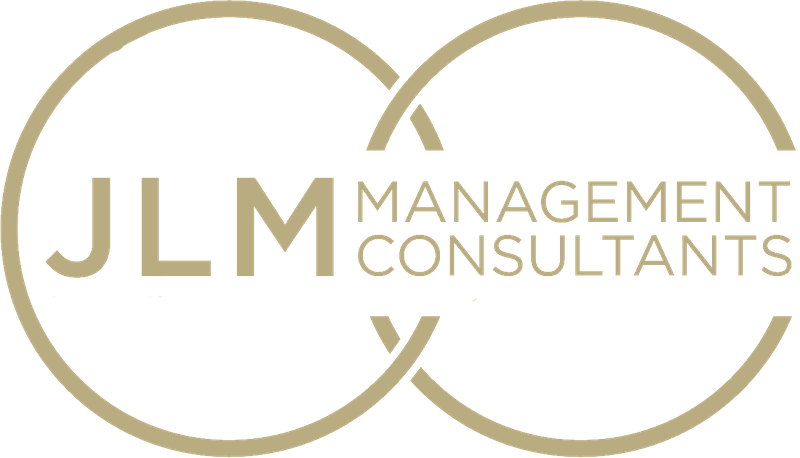There’s no such thing as the perfect management team. Yet, organizations can (and often do) spend millions of dollars and hundreds of hours searching for the perfect person to fill a role, or shuffle people around to get a better team.
What’s needed instead is a commitment to fostering great teamwork among the members of the management team. High performing teams aren’t “born”– they’re made. And they’re only made when leaders and members put in the work needed to create great teamwork.
When they do what it takes, they can build a team made up of individuals who trust each other, have no fear of conflict, are committed and accountable to one another, and who do great work together.
Our Leadership Team Therapy and Consulting services offer a set of concepts and tools to assess your team’s situation and performance, and guide your team to create an environment where great teamwork can happen.
Here’s how I can help.
“I have used the services of Dr. Jeri Mersky over the last 8 years, in different organizational situations, to help my team understand our team dynamics, get people to embrace change and improve staff morale. She has also helped me to improve my own effectiveness as a manager and a leader.Jeri is a gifted “generalist” consultant and coach, assisting me with team building sessions, departmental planning meetings, and personal leadership coaching. I believe there are few other consultants with her combination of expertise, commitment to results and a personal style that puts people at ease.
Jeri can deliver immediate and tangible benefits to your organization.”
A Key 3rd Party Voice During Growth Transitions
The leadership teams within growing organizations are constantly in flux. And decisions at these inflection points have dramatic impacts on the future of the organization.
I play a key third-party role during these transitions by:
- Helping the organization to clearly articulate its values and vision, and determine which key decisions need to be addressed.
- Working with the leadership team to build the infrastructure, roles, and cohesive high-performance environment needed in order to execute on that vision.
- Proactively facilitating difficult, candid conversations in a safe environment.
- Providing an honest, forthright and transparent outside voice to aide in decision-making.
“We were at a critical crossroads, going through a ton of different transitions and really needed to figure out as we went to this next stage of growth who was going to be doing what. I don’t think we knew what that needed to look like. I think we just knew that we needed someone outside to come in and help us……The piece I appreciated from Jeri is it felt like the right combination of what was therapeutic, almost like talk therapy, combined with actionable work we could do individually and collectively to dig through and clean out any mud that was there… to be able to get down to what was really going on.”
Using the TEAMS Model To Create Powerful Cultures and Results
Here’s how our TEAMS model works to create powerful cultures and achieve real results for their businesses:
- [T] Teamwork: The foundation of a successful company lies in the degree of teamwork it demonstrates. To be healthy, each team (and especially the leadership team) needs to build trust, skills in managing conflict, commitment to decisions, accountability of members to those decisions, and results.
- [E] Embodying (of core values): A few core values underpin the culture and behaviors of team members in every organization. The top team needs to ensure that core values guide the company in an intentional way.
- [A] Accountability: Each person in an organization—from the CEO to the line worker, needs to be clear about her/his role, responsibilities and expectations. Executive teams ensure that people know what’s expected of them both in terms of what they do (role), and how they should do it (core values).
- [M] Methods: Companies need clear systems, methods, and processes to operate effectively. Meeting management, team interactions with other teams, work flow, HR and IT systems and more, should be aligned to support the products, services and culture the company creates.
- [S] Strategy: Every organization needs near and long-range direction that guides the work of every employee. Without a clearly designed, aligned, and communicated strategy, employees will decide individually what they imagine to be the priorities, resulting in a fragmented or conflicted strategic direction.
Each team has its own unique strengths and weaknesses. You may already have a team that is practicing all five characteristics of the TEAMS model. Or perhaps your team may be quite strong in one or two areas but need a bit of help to optimize their performance.
Our consulting programs begin by determining at “where you are” and providing you with the training and skills your team needs to get “where you need to be.”
Our approach emphasizes:
- Assessing the current state of your team
- Customizing our consulting program to focus on your team’s needs
- Developing an action plan to implement in your workplace
- Reinvigorating your team with frequent follow-ups
“It has been a pleasure working with Jeri Mersky. She has helped us to build a stronger and more effective leadership team by helping us to appreciate and value our different personalities and learning styles. Jeri spent time with each of us, digging below the surface, and challenging us to address the issues that needed to be confronted. I always look forward to our off site retreats together, knowing that we will learn and grow as a result.”
Schedule a Discovery Call with Jeri
If you’d like to explore whether there’s an opportunity to help your leadership team thrive, let’s block off 30 minutes to chat about your business, explore your goals, and determine if we’d be a fit.


